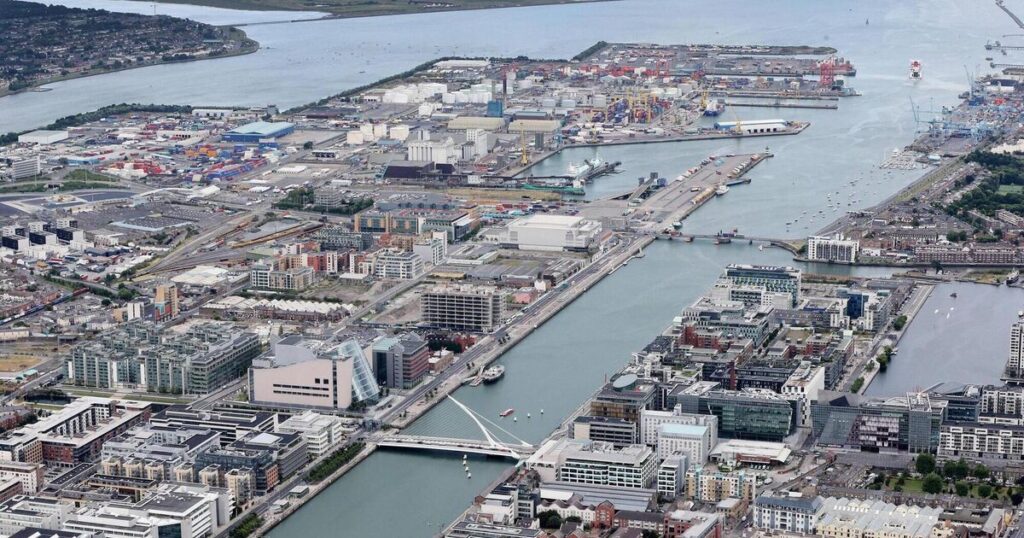Despite global economic uncertainty and US President Donald Trump’s efforts to encourage manufacturing repatriation, the overwhelming majority of US businesses operating in Ireland intend to maintain or increase their employment levels.
To mark the July 4th Independence Day, the American Chamber of Commerce (AmCham) published the results of a member survey, revealing that 92.5% of respondents plan to either increase or maintain their current workforce in Ireland.
Specifically, 60% of respondents indicated plans to increase their employee numbers, while 32.5% reported they would maintain their existing headcount.
The survey also highlighted that 90% of respondents believed their corporate headquarters held a positive view of Ireland as an investment destination. Furthermore, 68% stated that their corporate headquarters already have investment plans for Ireland over the next five years.
US multinational corporations are crucial to the modern Irish economy, providing significant employment in vital sectors such as technology and pharmaceuticals.
However, the Trump administration’s ongoing tariff disputes are designed to pressure US companies with international operations to relocate operations back to the United States.
American Chamber chief executive Paul Sweetman stated: “US multinationals directly or indirectly employ roughly 7.5% of Ireland’s total population. Ireland serves as a strategic hub for innovation and decision-making within major American corporations.”
“Conversely, Ireland ranks as the sixth-largest source of Foreign Direct Investment (FDI) into the US. Irish companies employ almost as many individuals in the US as US companies employ in Ireland, demonstrating a genuine two-way beneficial economic relationship.”
“Amidst the geopolitical complexities of trade, tariffs, and uncertainty – challenges undoubtedly impacting our members – we are witnessing growing optimism within the business community. They are ready to move forward by accelerating innovative projects and strategic investments.”
The survey results also indicated that a third of US businesses in Ireland identify housing as the most significant challenge Ireland needs to address to facilitate further investment and expansion.
Other challenges included maintaining cost competitiveness, overcoming skills shortages, navigating complex planning processes, mitigating supply chain disruptions, and enhancing research and development (R&D) tax incentives.
When asked about the biggest risk to continued FDI in Ireland over the next five years, housing was the most cited risk (31%), outpacing public infrastructure concerns, trade tariffs, labor costs, and skilled talent availability.
Regarding investments in AI and emerging technologies, 92.5% of respondents reported having either increased or maintained their AI investments this year, and 65% are planning to increase investment in AI, automation, or data analytics initiatives.
When asked how the AI transformation is expected to impact their organizations over the next five years, 82.5% predicted it would lead to either increased or maintained investment levels.
“Looking ahead, Ireland possesses a significant opportunity – built upon its proven track record and a proactive approach – to attract new investments and foster growth.”


